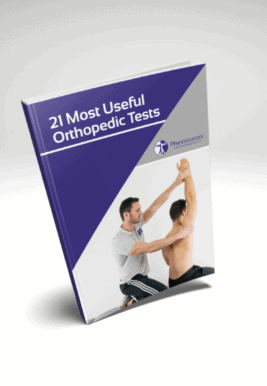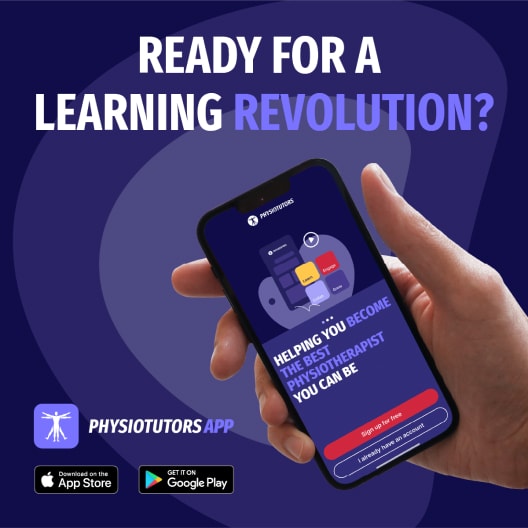Learn
Duck Walk Test / Childress Test | Meniscus Tear / Injury | Knee Assessment
Childress et al. (1957) described that isolated lesions of the posterior third of the medial meniscus are frequently overlooked and misdiagnosed, as the onset is indefinite, complaints are vague and variable, rarely produce a synovial reaction and true locking is never present. Upon reviewing he discovered that most of the patients had done work involving a squatting position or crouching down, which led him to the invention of the Duck-Walk Test.
The Duck Walk test has now been validated by a study by van der Post et al. (2017) who have found a sensitivity of 71% and a specificity of 39 %. Although designed for the posterior meniscus, the test scored equally for anterior, posterior, medial, and lateral tears in this study. However, due to its limited accuracy, its clinical value is rather weak.
To perform the joint line tenderness palpation have your patient in supine-lying position with his knee flexed to 90°. Flexion of the knee makes it possible to better palpate the anterior part of each meniscus. By immediately rotating the tibia the medial meniscus will become more accessible anteriorly as the femoral condyles pushed the medial meniscus forward. Then palpate along the joint line and observe your patient’s reaction. For the lateral meniscus, you should rotate the tibia externally and palpate for tenderness again, this time on the lateral meniscus.
This test is positive for a symptomatic meniscus injury if your patient’s familiar pain is reproduced.
21 OF THE MOST USEFUL ORTHOPAEDIC TESTS IN CLINICAL PRACTICE

Other common tests to assess for meniscus injuries are:
- McMurray Test
- Joint Line Tenderness
- Ege’s Test
- Apley’s Test
- Finochietto Test / Jump Sign
- Thessaly Test
References
Like what you’re learning?
BUY THE FULL PHYSIOTUTORS ASSESSMENT BOOK
- 600+ Pages e-Book
- Interactive Content (Direct Video Demonstration, PubMed articles)
- Statistical Values for all Special Tests from the latest research
- Available in 🇬🇧 🇩🇪 🇫🇷 🇪🇸 🇮🇹 🇵🇹 🇹🇷
- And much more!








